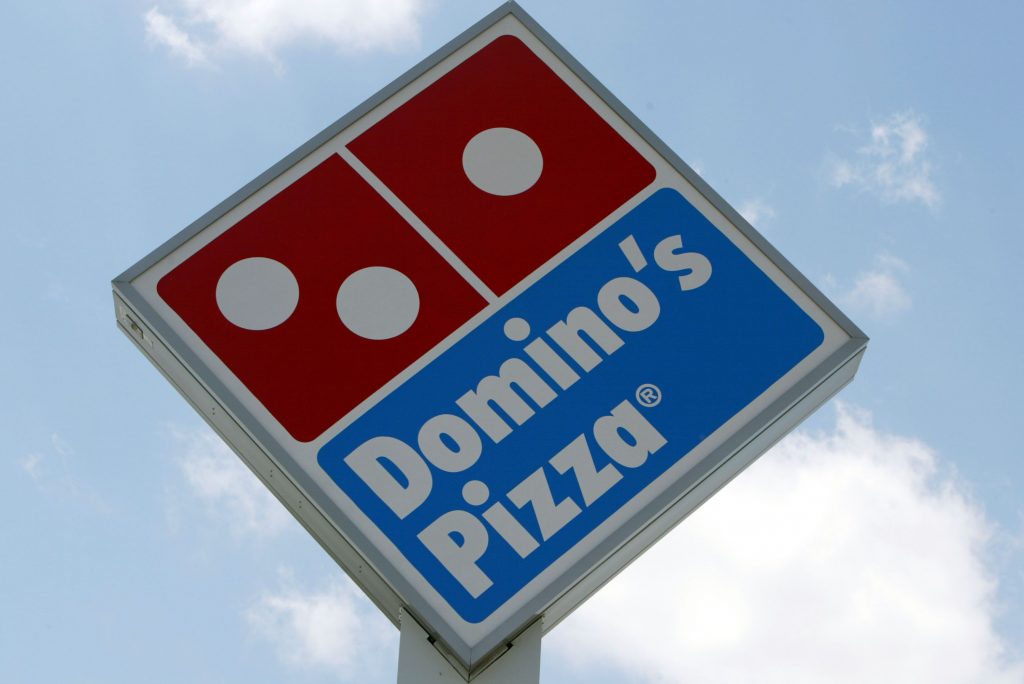
Domino’s Pizza Inc. (NYSE: DPZ) has announced a new partnership with autonomous-driving tech startup Nuro to deliver pizza by self-driving car in Houston. Domino’s will use Nuro’s fleet of autonomous test vehicles to deliver pizzas to Houston residents who order through their app or online. The deliveries are expected to begin later in 2019.
Customers who are interested in getting their pizza via self-driving car can choose the self-driving option at check-out. Once they have opted in, customers can track the vehicle via the Domino’s app. They will also be given a PIN to unlock the doors and get their pizza once it arrives at the delivery address.
According to the press release, the pizzas will be delivered using Nuro’s R2 vehicle, a second generation of its fully autonomous electric test car. In the release, Kevin Vasconi of Domino’s said, “Nuro’s vehicles are specially designed to optimize the food delivery experience, which makes them a valuable partner in our autonomous vehicle journey. The opportunity to bring our customers the choice of an unmanned delivery experience, and our operators an additional delivery solution during a busy store rush, is an important part of our autonomous vehicle testing.”
Domino’s, as one of the biggest pizza companies in the business, has long been interested in making pizza delivery easier and more efficient. The company says it delivers about 3 million pizzas per day. In a previous foray into self-driving pizza, Domino’s partnered with Ford to test consumer expectations for interacting with such a service.
Nuro has a team of experienced self-driving engineers and recently received a nearly $1 billion investment from SoftBank. It uses a custom-built delivery vehicle that travels at low speeds to make deliveries for companies, like Kroger, in the Houston area. While no one is inside the vehicle, Nuro still has each delivery vehicle followed by a human-driven car for emergency purposes. The company hopes to stop using the chase cars by the second quarter of 2019.
